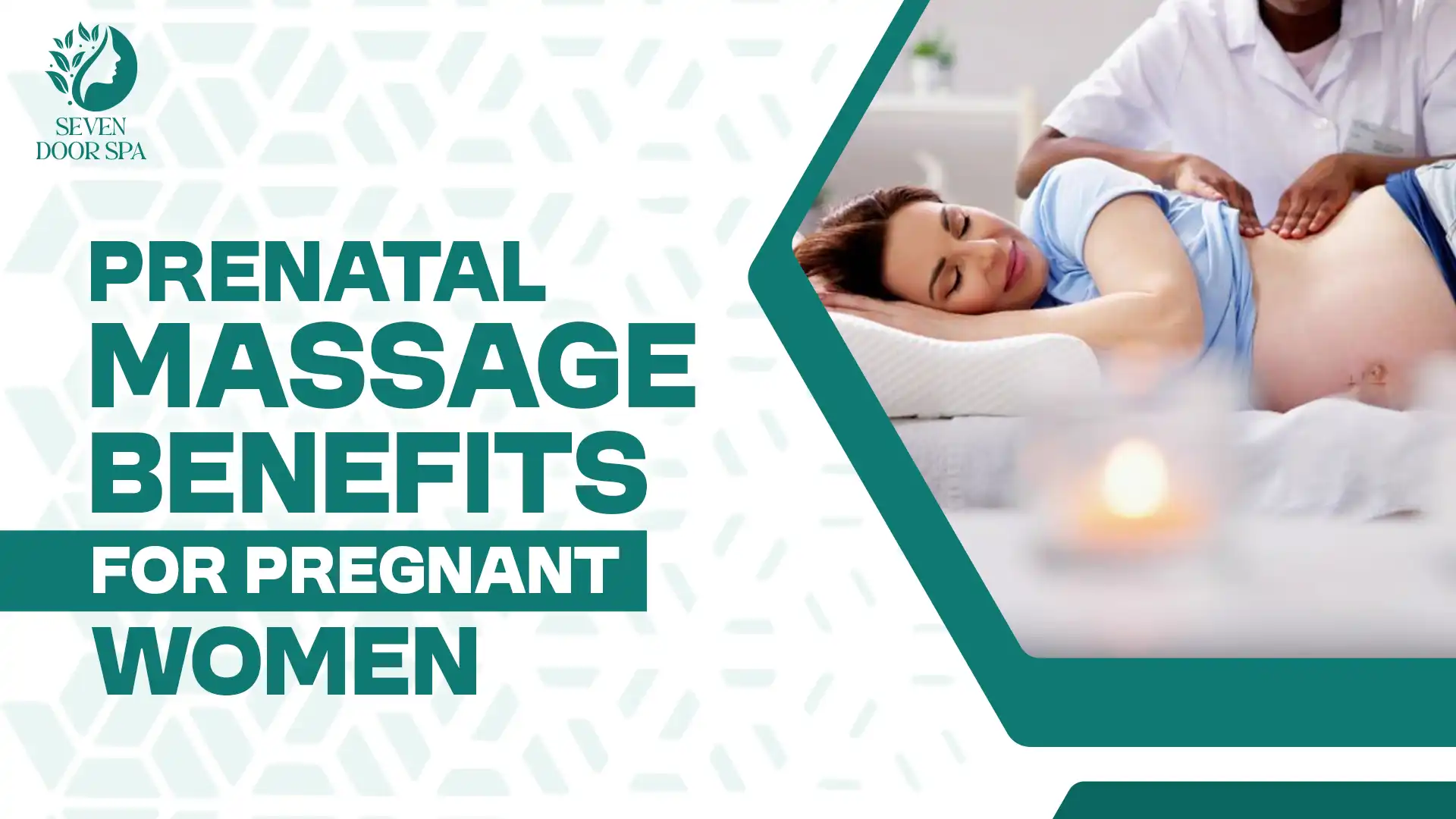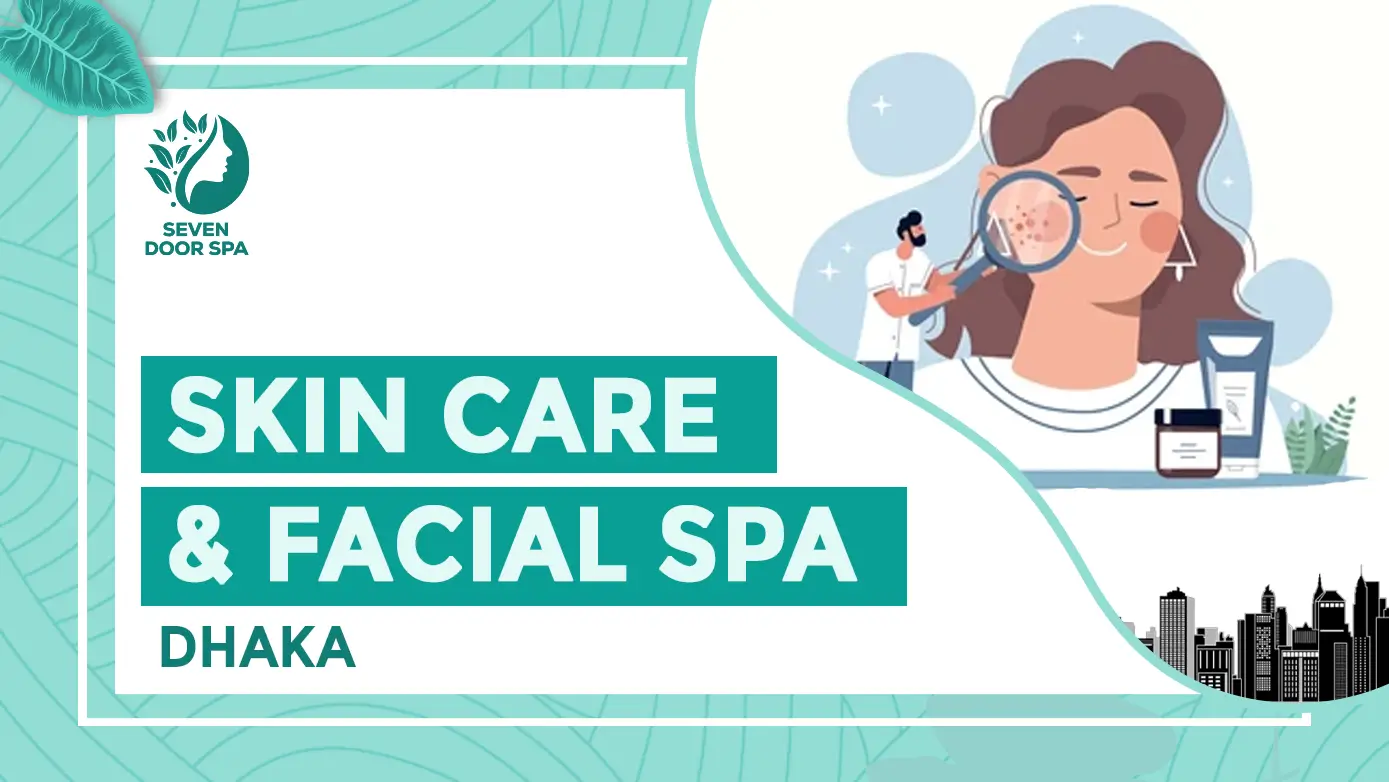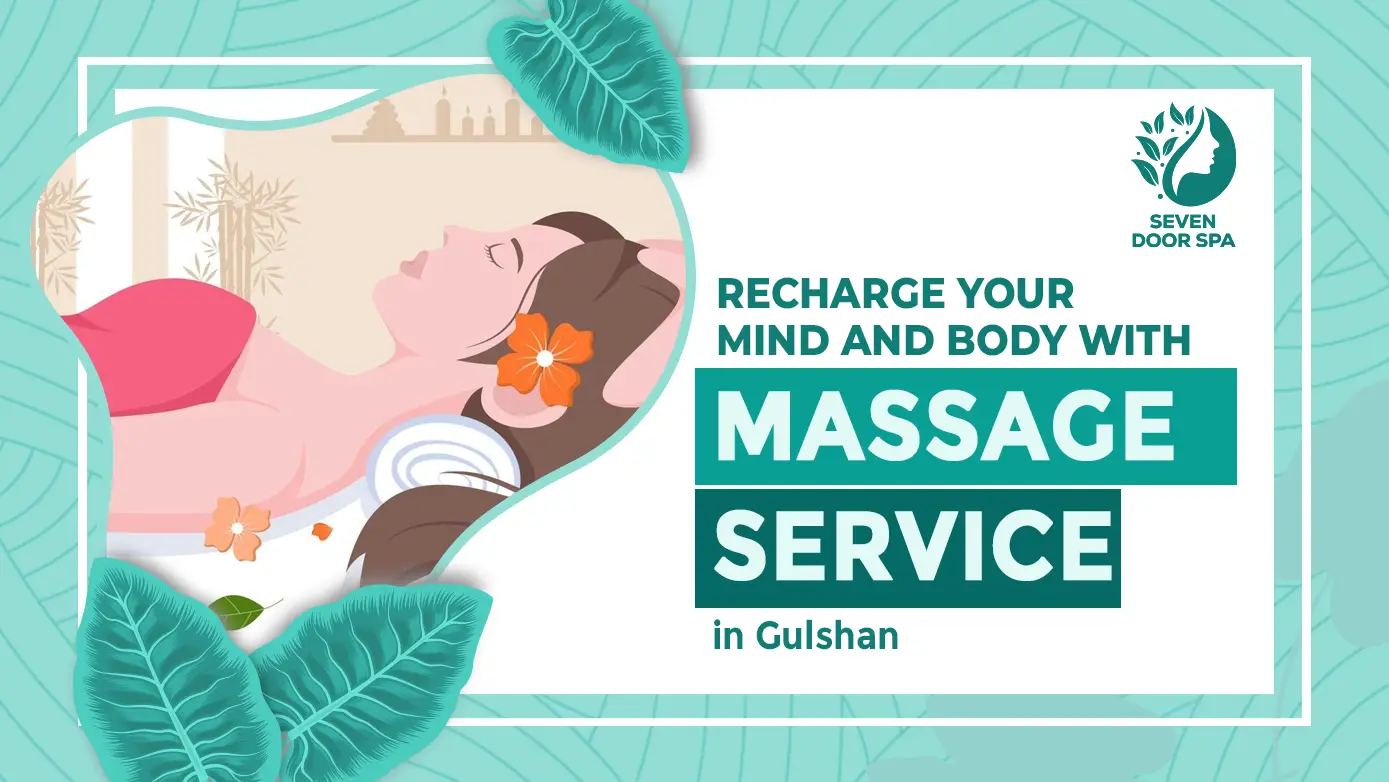Pregnancy is an incredible journey, but let’s be honest, it comes with its fair share of aches and pains. From lower back pain and swollen ankles to restless nights, your body goes through a lot. That’s where prenatal massage benefits come in! A professionally performed prenatal massage can reduce stress, improve blood circulation, and relieve tension, making pregnancy more comfortable. But is it safe? How does it work? What’s the best time to get a prenatal massage?

Whether you’re wondering about the best prenatal massage near me or looking for the best prenatal massage techniques, this guide will cover everything you need to know about prenatal massage therapy.
What Is a Prenatal Massage?
Prenatal massage is a therapeutic practice specifically designed for pregnant women, aiming to alleviate common discomforts associated with pregnancy. It is unique from standard massage therapies as it applies modified strokes such as gentle Swedish massage to promote relaxation and circulation without the use of deep pressure.
Prenatally trained therapists adapt their interventions to be safe, avoiding specific trigger points and employing supportive positioning to accommodate the changing anatomy of pregnant women.
Prenatal Massage Benefits for Expecting Mothers

Wondering, “Is a prenatal massage good for you?” The answer is undoubtedly yes. Massage during pregnancy offers numerous benefits for both the expecting mother and her growing baby. It is specifically designed to cater to the physical and emotional changes of pregnancy. In the following, I’ll explore the key benefits of prenatal massage and why it’s an essential part of pregnancy care:
Before discussing the complete spectrum of prenatal massage benefits, it is important to understand how its effect varies throughout pregnancy. The following is a trimester-by-trimester analysis of the benefits of getting prenatal massage, such as the prenatal massage benefits first trimester, prenatal massage benefits second trimester, and prenatal massage benefits third trimester to ensure maximum comfort and well-being.
| Trimester | Key Benefits of Each Trimester |
| First Trimester (Weeks 1–12) |
|
| Second Trimester (Weeks 13–27) |
|
| Third Trimester (Weeks 28–40) |
|
Relief from Muscle Pain
As pregnancy progresses, the majority of women find themselves experiencing muscle tension in the lower back, neck, and shoulders due to the additional weight and shifting posture. Prenatal massage benefits alleviate these areas by tackling muscle tension, freeing the body from aches and pains.
Reduction of Stress and Anxiety
The hormonal fluctuations during pregnancy can lead to increased stress and anxiety. Regular prenatal massage sessions promote relaxation, helping to reduce stress hormones and enhance overall mood, contributing to a more positive pregnancy experience.
Improved Blood Circulation
Enhanced blood flow is crucial during pregnancy to support both maternal and fetal health. Prenatal massage encourages blood circulation, aiding in ensuring the successful delivery of essential nutrients and oxygen to the unborn baby, as well as the removal of metabolic waste.
Reduction of Swelling (Edema)
Swelling in the legs, ankles, and feet is common during pregnancy due to increased pressure on major blood vessels. Massage therapy can help reduce this swelling by stimulating soft tissues and encouraging the removal of excess fluids, thereby improving comfort.
Better Sleep Quality
Pregnant women typically suffer from sleeping difficulties due to bodily discomfort and alterations in the endocrine system. Relaxation and muscle relaxation as facilitated by prenatal massage are apt to induce healthy sleeping habits and peaceful nights.
Strengthened Immune System
Massage therapy can boost the immune system by stimulating the body’s natural killer cells. A stronger immune system is beneficial during pregnancy because it will be able to protect the mother and baby more effectively against infections.
Emotional Connection and Support
Apart from physical prenatal massage advantages, it also offers emotional support. The gentle touch of a professional therapist can provide a sense of comfort and bonding, which enhances the emotional well-being of the pregnant mother.
Is Prenatal Massage Safe?
Prenatal massage is generally safe and beneficial for pregnant women if provided by a registered massage therapist (RMT) who has had proper training to administer the treatment. However, certain precautions must be followed to ensure safety and effectiveness.
When Is Prenatal Massage Safe?
Prenatal massage is safe under the following conditions:
- You book with a qualified professional
A Registered Massage Therapist (RMT) trained in prenatal techniques understands the safest positions, pressure points, and modifications needed for pregnancy.
- Your doctor has not advised against it
If your healthcare provider does not restrict you medically, prenatal massage can be a valuable tool for relaxation and pain relief.
- You are not in a high-risk pregnancy
However, even if you have a high-risk pregnancy, massage may still be safe if your doctor has given explicit approval.
Who Should Avoid Prenatal Massage?
While prenatal massage benefits are numerous, it is not suitable for everyone. Certain medical conditions and pregnancy complications may increase the risks, making it essential to consult with a healthcare provider before booking a session. Here’s a closer look at when prenatal massage may not be recommended:
1. High-Risk Pregnancy Without Medical Clearance
If your pregnancy is considered to be high-risk, you would have to obtain definitive consent from your doctor before undergoing a prenatal massage. High-risk conditions may be:
- History of preterm labor or miscarriage
- Preeclampsia or gestational hypertension (pregnancy-induced high blood pressure)
- Placenta previa (when the placenta covers the cervix)
- Multiple pregnancies (twins, triplets, etc.) with complications
2. Severe Swelling or Blood Clot Risk (DVT)
Prenatal massage should be avoided if you have severe swelling (edema) caused by a medical condition or are at risk of deep vein thrombosis (DVT), which is a condition where blood clots form in the legs. Massage could potentially dislodge a clot, leading to life-threatening complications like pulmonary embolism.
3. Uncontrolled pregnancy complications
If you have uncontrolled gestational diabetes, severe anemia, or other uncontrolled medical conditions of pregnancy, prenatal massage may not be indicated. Any condition that impairs circulation, blood pressure, or fetal development should be evaluated by a medical professional before massage therapy is given.
4. Fever, Infections, or Illness
Massage can activate circulation and immune responses, which may intensify fever, and viral or bacterial infections. In the case of flu-like symptoms, a cold, or any ongoing infection, it is better to reschedule your appointment for after complete recovery.
5. Specific Pregnancy-Associated Pain or Discomfort
If you have sudden, unexpected abdominal pain, cramping, or lower back pain, these could be signs of an underlying pregnancy complication rather than just muscle tension. You should first consult your doctor to rule out conditions like preterm labor, placental abruption, or an ectopic pregnancy before taking advantage of massage therapy.
Why Choose a Specialist in Prenatal Massage?

A massage therapist with specific prenatal training can provide tailored treatment using proper techniques and equipment to ensure comfort, safety, and effectiveness throughout pregnancy. Additionally, an expert in prenatal massage will:
- Avoid risky pressure points that may interfere with pregnancy.
- Use correct positioning to enhance circulation and reduce joint stress.
- Use safe and effective techniques for relieving normal pregnancy discomforts, such as backache, swelling, and muscle tension.
How Often Should You Get a Prenatal Massage for Maximum Benefits?
In selecting the most suitable frequency for prenatal massages, one should take into consideration various factors. This includes your personal needs, the pregnancy stage, and your healthcare provider‘s recommendations. The following is a clear explanation of each trimester:
First Trimester (Weeks 1–12)
While many experts suggest postponing prenatal massages during the first trimester due to a higher risk of miscarriage, some practitioners may still offer gentle treatments, provided your doctor approves.
Second Trimester (Weeks 13–27)
For this trimester, biweekly sessions are generally recommended. Massages can be utilized on a regular basis to get rid of regular aches such as back pain, cramps, and insomnia.
Third Trimester (Weeks 28–40)
As your body transforms radically, weekly massages are typically advised to minimize swelling, ease pain, and prepare the body for labor.
Final Thoughts
Upon noticing the different prenatal massage benefits, it‘s clear that incorporating this therapy into your routine can be comforting for your pregnancy experience. From relieving back pain to helping sleep quality, prenatal massage caters to body and mind well-being. For pregnant women, the regular inclusion of prenatal massage in their self-care routine can actually make a positive impact on their pregnancy experience.
Frequently Asked Questions
Can I have a back massage in early pregnancy?
Back massages during the first few months of pregnancy can assist in easing tension but avoid using some of the pressure points. Ensure that the therapist is specifically trained in prenatal massage techniques and consult your health care provider for individual advice.
Can you get a prenatal massage at home?
Yes, prenatal massages can be performed at home, but ensure that the therapist is certified in prenatal care. Home sessions are comfortable and convenient but should be conducted in a safe, quiet environment.
Where not to massage a pregnant woman?
Certain areas of the body, such as the abdomen, lower back, and pressure points on the ankles, are to be avoided during a prenatal massage. These areas can cause contractions or other issues. Always use the services of a qualified prenatal massage therapist who is aware of these precautions.
What should I wear to a prenatal massage session?
You would wear loose, comfortable clothing for a prenatal massage. The majority of massage therapists will drape or use a sheet to provide you with modesty when treating tension areas. You may remove some clothing if you are comfortable, but you will have to do as the therapist recommends.
Is it safe to use essential oils during prenatal massage?
Essential oils can be used in prenatal massage, with caution. Certain oils are not safe for use by pregnant women, especially during the first trimester. Make sure to have your massage therapist apply pregnancy-safe oils, and consult with your healthcare provider first.




